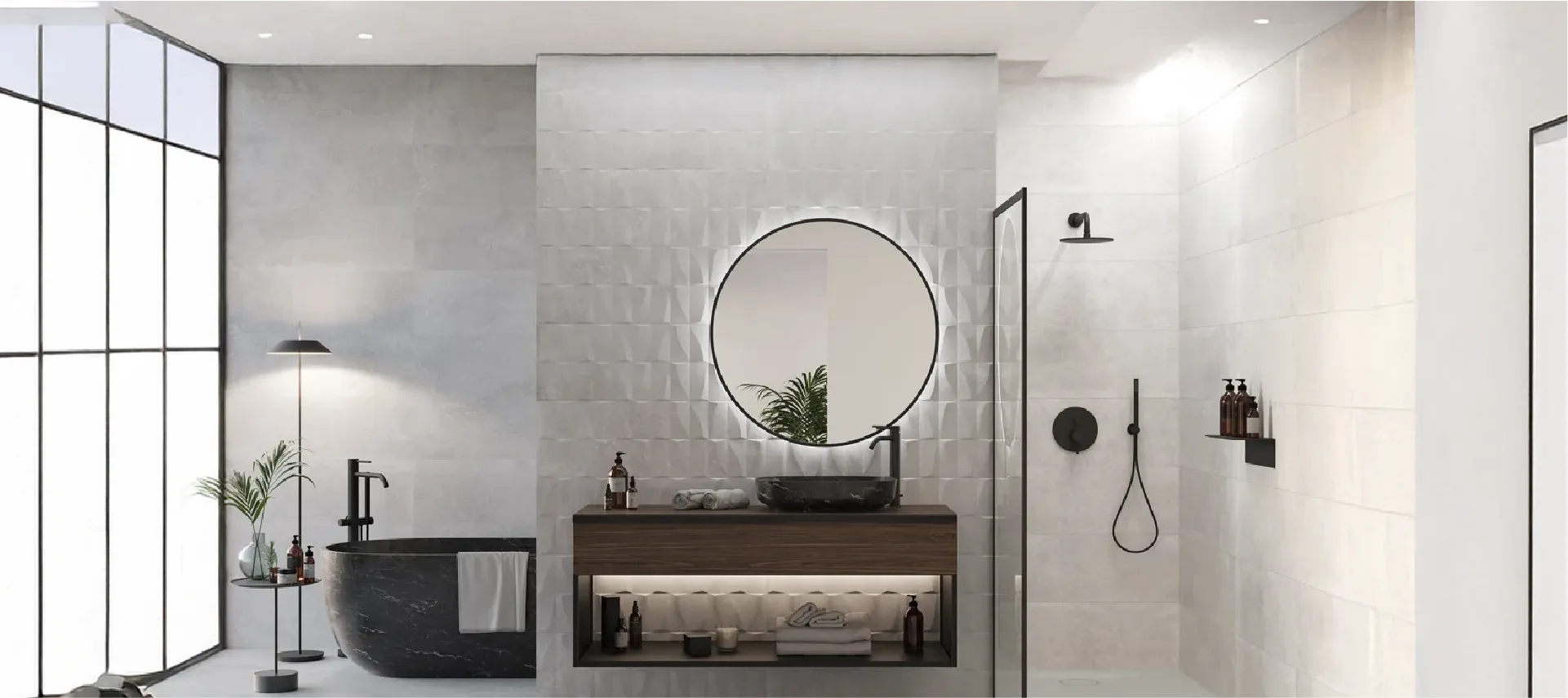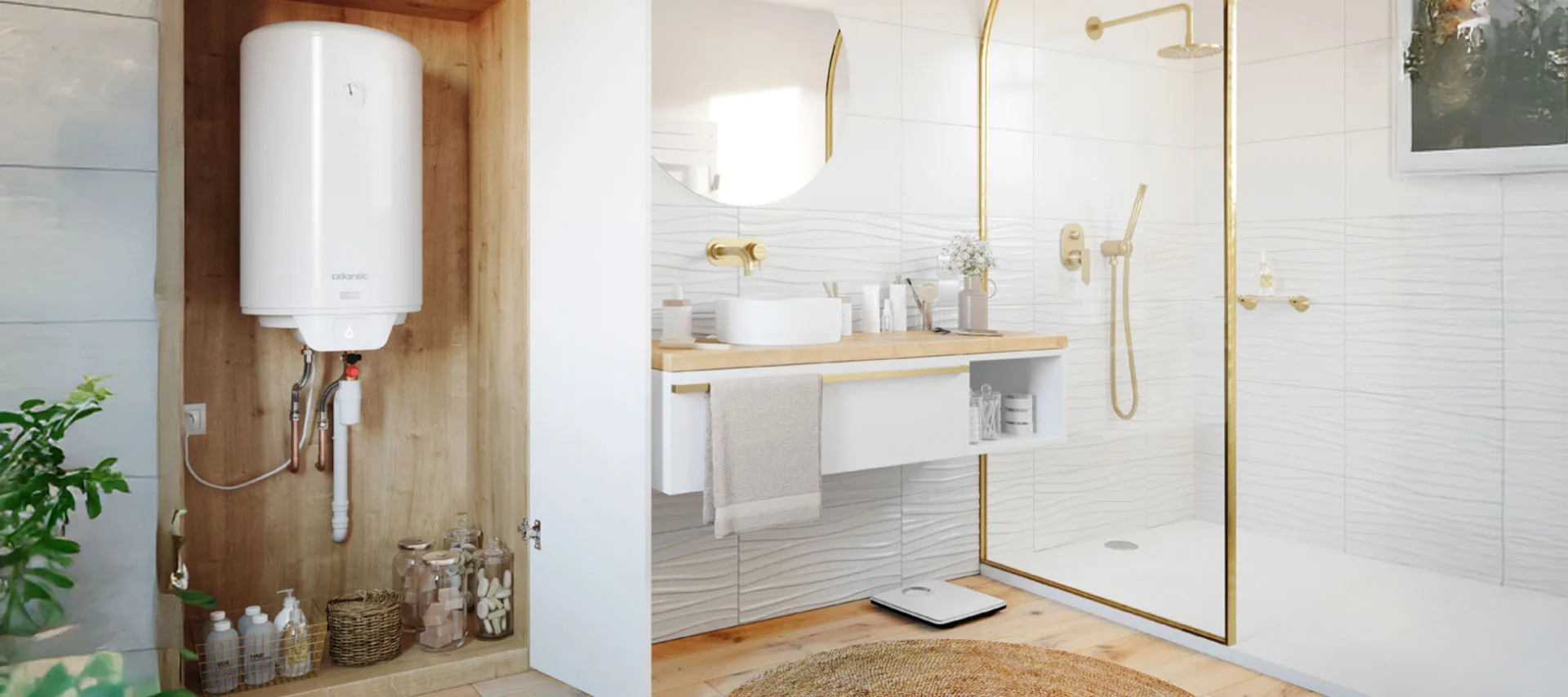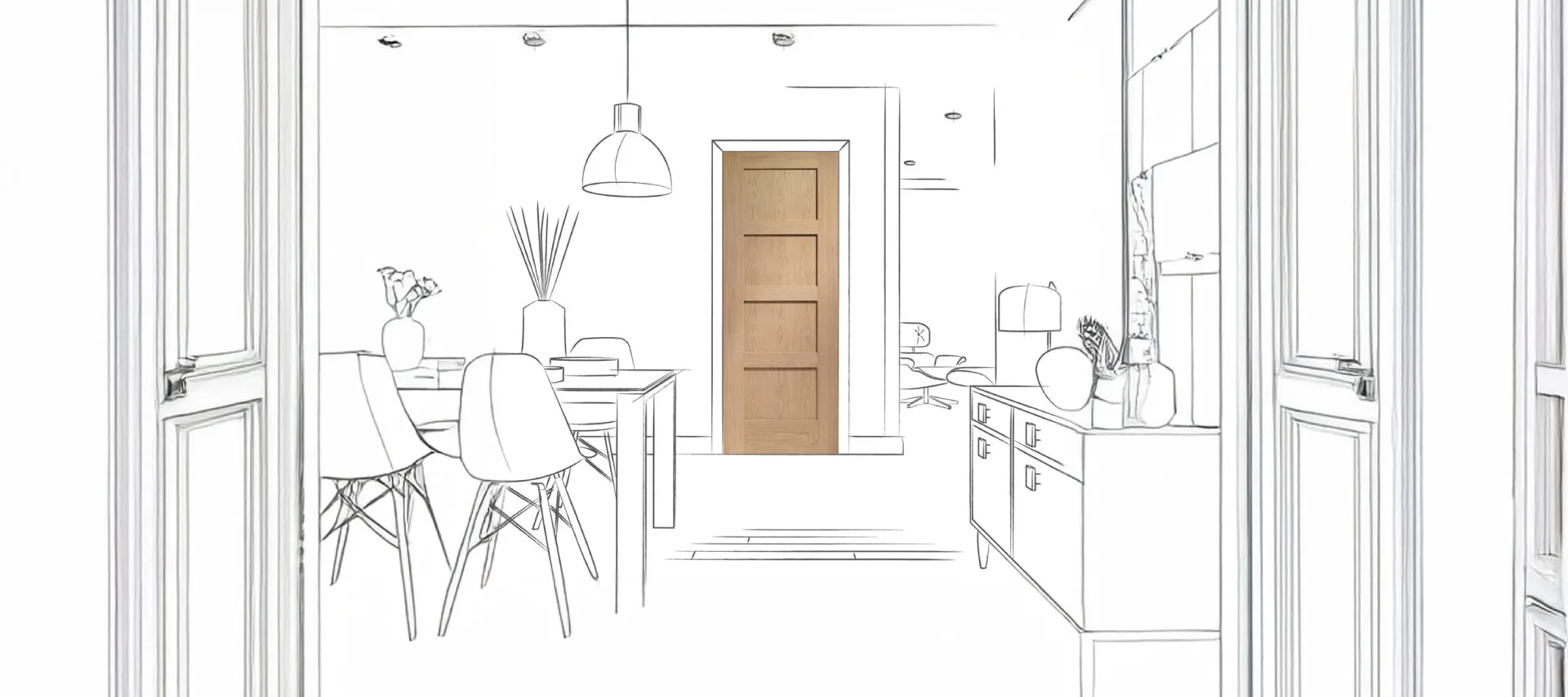When undertaking a development project, whether it’s a residential home, a commercial building, or a large-scale community space, selecting the right suppliers is critical to its success. Among the many decisions you’ll make, finding a reliable one-stop shop that offers a wide range of products—such as sanitary ware, tapware, vanities, tiles, fans, lights, and doors—can significantly streamline the process. Such a supplier not only simplifies procurement but also ensures consistency, quality, and cost-effectiveness across your project. This article explores the benefits of choosing a one-stop shop and provides key factors to consider when selecting the perfect partner for your development.
What are the benefits of choosing a one-stop shop?
Opting for a one-stop shop can provide a range of advantages that contribute to the smooth execution of your project. At Maurema Home, we support you every step of the way, handling all the necessary details to ensure your project runs smoothly and successfully.
1. Convenience and time-saving
Sourcing materials from multiple suppliers can be time-consuming and logistically challenging. A one-stop shop eliminates the need to coordinate with different vendors, simplifying your purchasing process. You’ll have the conve^pnience of reviewing and selecting all the necessary items—such as bathroom fixtures, lighting, and flooring—in one location.
For large-scale projects, this centralized approach can save weeks, if not months, by reducing the complexities of delivery scheduling and product compatibility checks.
2. Consistency in quality and style
A single supplier ensures that your project maintains a consistent level of quality and style across all elements. For instance, coordinating tapware finishes with lighting fixtures and door handles is easier when all products are sourced from the same place. This is particularly important for developers aiming to achieve a cohesive design aesthetic.
Additionally, reliable suppliers often work with reputable brands and provide warranties, giving you confidence in the durability and performance of the products you choose.
3. Cost-efficiency
Working with a one-stop shop can lead to significant cost savings. Bulk purchases or project-specific packages often come with discounts, reducing overall expenses. Moreover, dealing with one supplier simplifies payment terms, reducing administrative overhead.
4. Streamlined communication
Instead of juggling multiple points of contact for different product categories, you’ll only need to liaise with one account manager or sales representative. This reduces the likelihood of miscommunication, ensures a clearer understanding of your needs, and allows for more personalized service.
5. Reduced Risk of Delays
One of the biggest challenges in construction and renovation projects is avoiding delays caused by supply chain issues. A one-stop shop can better manage inventory and coordinate deliveries, reducing the risk of missing or mismatched items delaying your timeline.
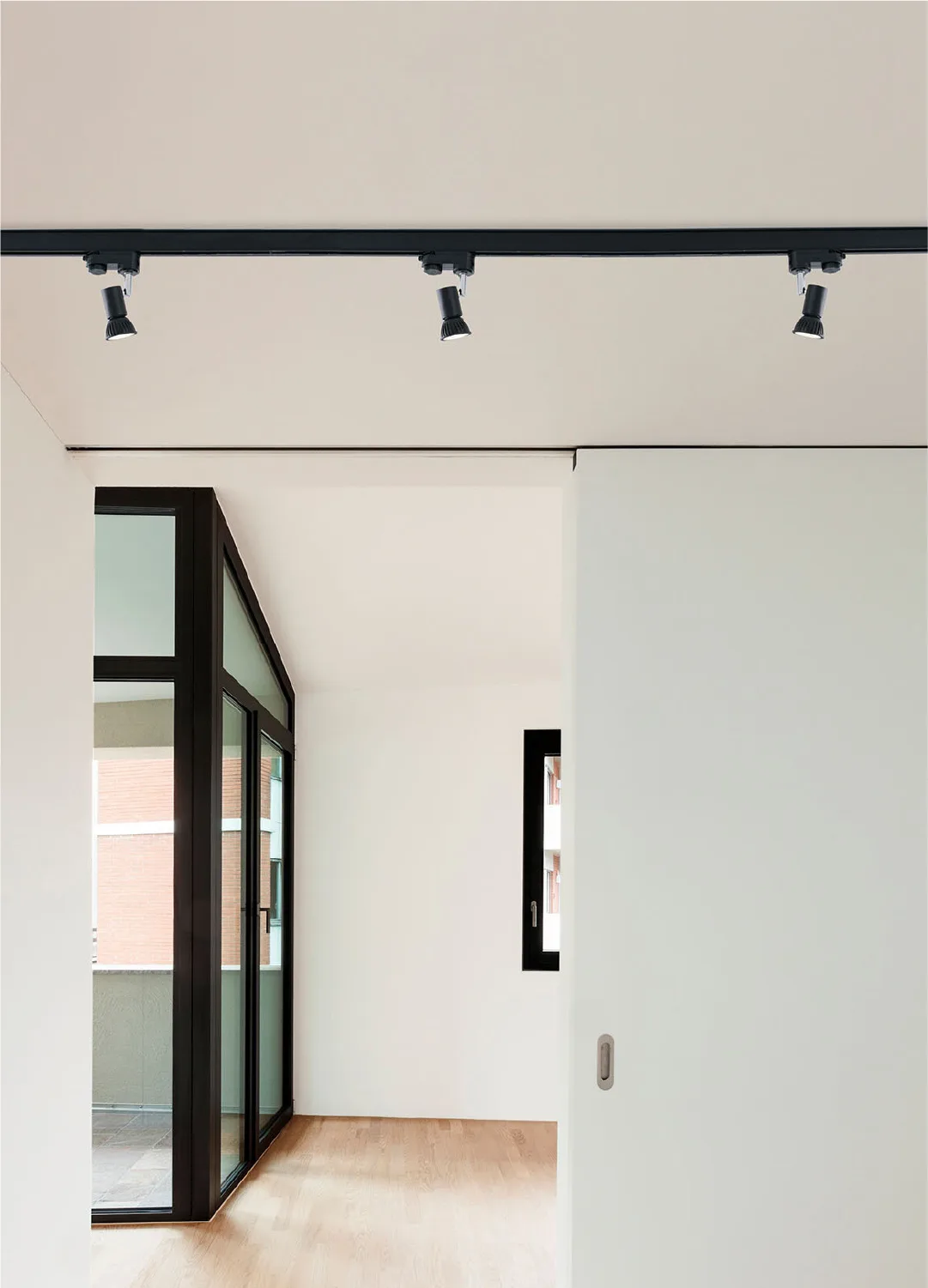
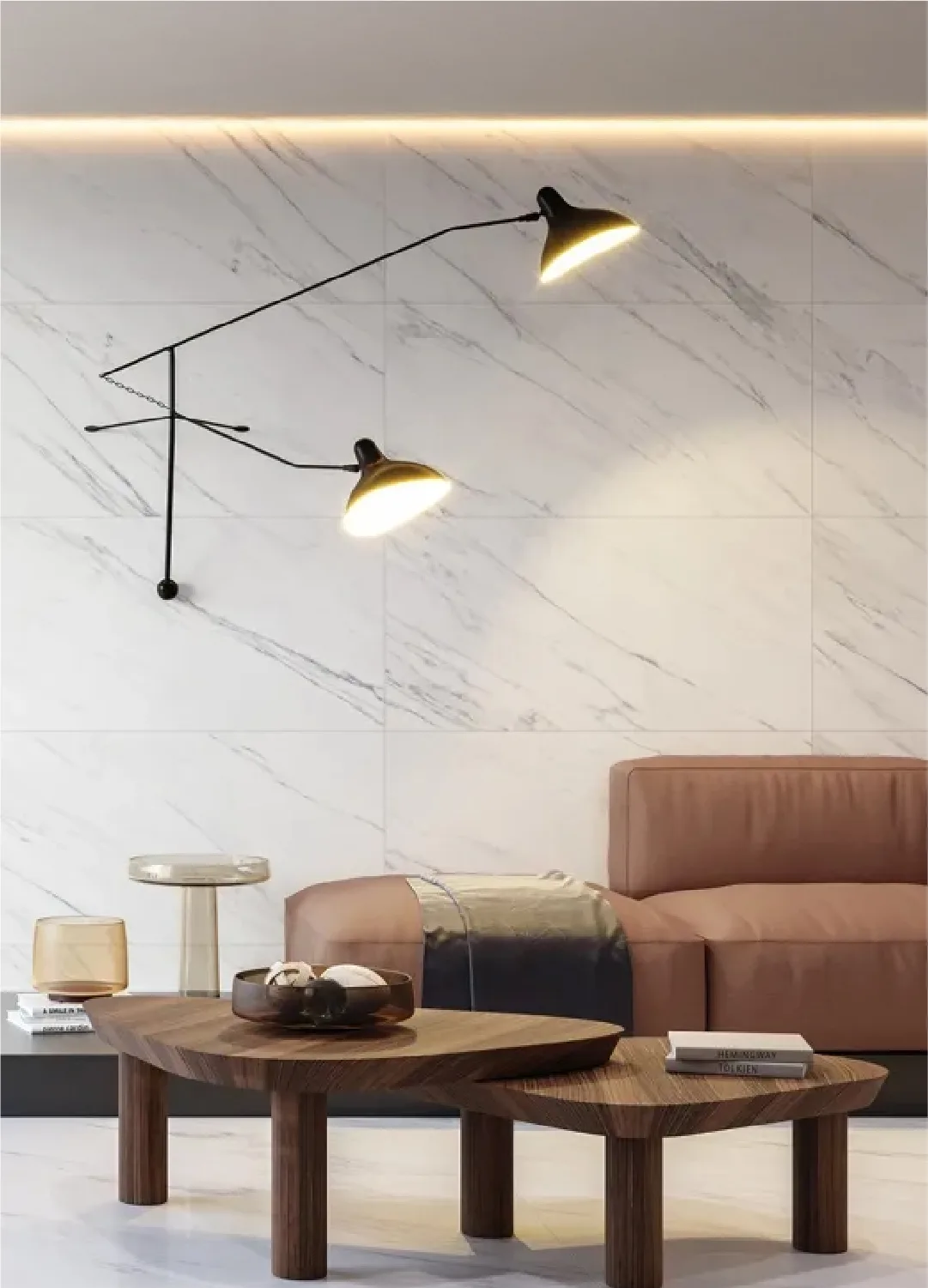
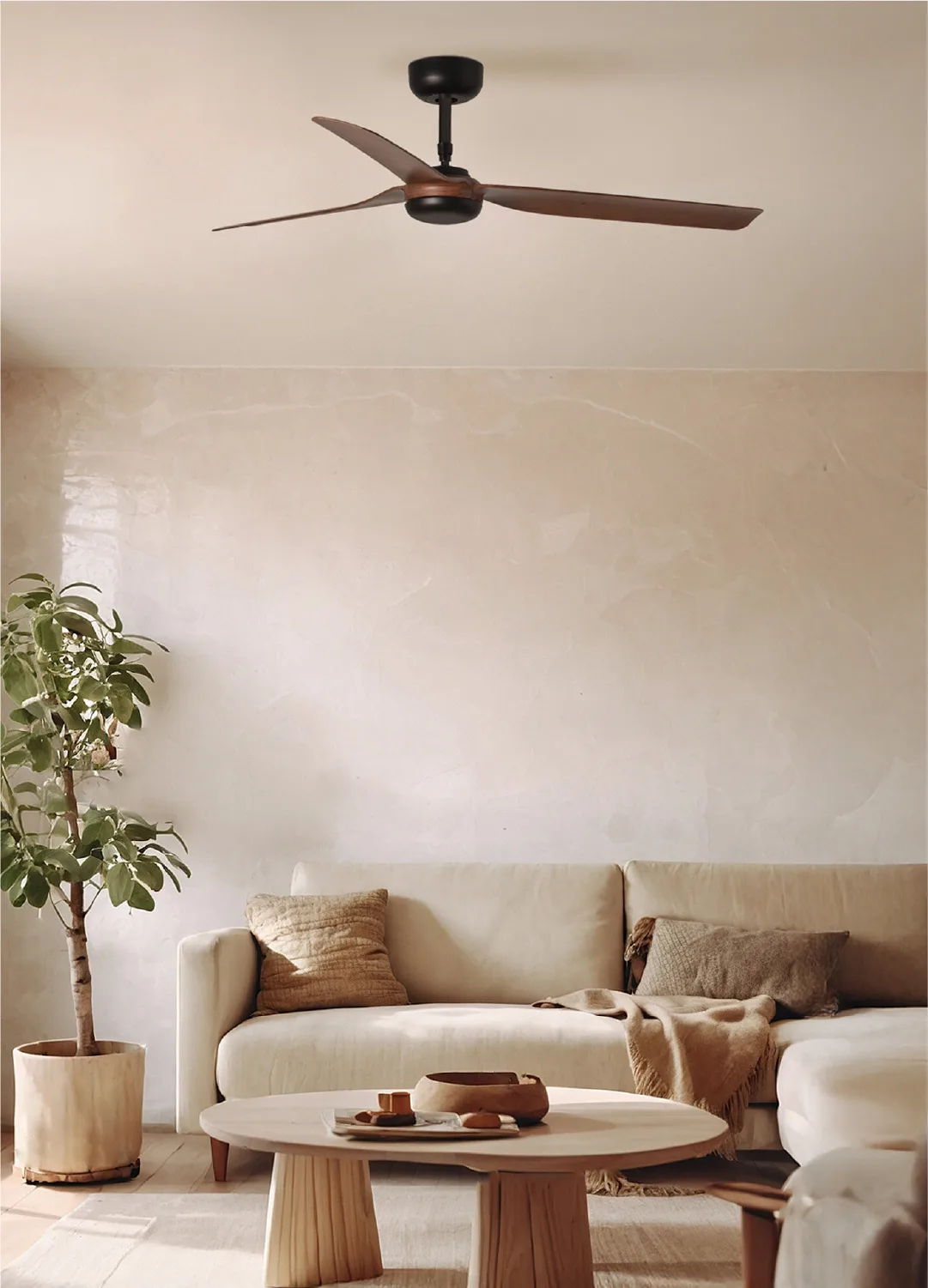
Factors to consider when choosing a one-stop shop
While the advantages of a one-stop shop are clear, not all suppliers are created equal. Here are the critical factors to evaluate when selecting your supplier:
1. Product range
The supplier must offer a comprehensive selection of products to meet your project’s diverse needs. Look for stores that provide:
- Sanitary Ware: Toilets, sinks, bathtubs, and bidets in various styles and finishes.
- Tapware: Options for bathrooms, kitchens, and outdoor use, including mixers, showerheads, and spouts.
- Vanities: A wide range of storage solutions, from compact options for small bathrooms to luxurious double-sink units.
- Tiles: Floor and wall tiles in various materials, patterns, and sizes to suit different areas.
- Fans and Lights: Ceiling fans, decorative lights, and functional fixtures for different spaces.
- Doors: Interior, exterior, and specialty doors that align with the project’s design and security requirements.
A broad inventory ensures that you can find everything you need, regardless of the project’s scale or design.
2. Product quality
While affordability is important, compromising on quality can lead to long-term issues. Choose a supplier that stocks products from reputable brands with proven durability and performance. High-quality products will minimize maintenance costs and ensure customer satisfaction.
3. Design support
Many one-stop shops offer value-added services like design consultations or 3D visualizations. This can be incredibly helpful when trying to envision how different elements—such as tiles, lighting, and vanities—will look together. If your project has specific design requirements, ensure the supplier has a knowledgeable team to guide you in making the right choices.
4. Availability of stock
Delays caused by out-of-stock items can disrupt your timeline and increase costs. Confirm that the supplier has sufficient inventory to fulfill your order, particularly if you’re working on a large-scale development. Additionally, ask about lead times for special-order items.
5. Delivery and logistics
A reliable one-stop shop should offer efficient delivery options. Ideally, they’ll coordinate shipments to align with your construction schedule, reducing storage challenges on-site. Some suppliers even provide direct-to-site delivery, saving you time and effort.
6. After-sales service
After-sales support is crucial in case of issues like defective items, installation difficulties, or warranty claims. Choose a supplier known for responsive customer service and clear policies regarding returns, replacements, and warranties.
7. Price transparency
While cost savings are a benefit of one-stop shops, it’s essential to ensure price transparency. Request detailed quotes that break down costs by category, so you can compare offerings without hidden fees or inflated pricing.
Popular one-stop shop features to look for
A great supplier will go beyond basic offerings to provide added conveniences, such as:
- Customization options: The ability to tailor vanities, tiles, or doors to your specifications.
- Eco-friendly products: Energy-efficient lights, water-saving tapware, and sustainable building materials for environmentally conscious projects.
- Showroom displays: Physical or virtual showrooms where you can see and feel the products before purchasing.
- Project packages: Pre-designed bundles for bathrooms, kitchens, or entire homes, which simplify decision-making.
Examples of one-stop shop scenarios
- Residential developments: For a housing estate project, a one-stop shop can ensure consistency across all units, from bathroom fixtures to door designs, while offering bulk discounts.
- Luxury villas: High-end projects can benefit from a supplier offering customizable and premium-grade products, ensuring every element aligns with the desired aesthetic.
- Commercial spaces: For offices or retail developments, a one-stop shop can deliver functional and durable products that withstand heavy use.
Conclusion
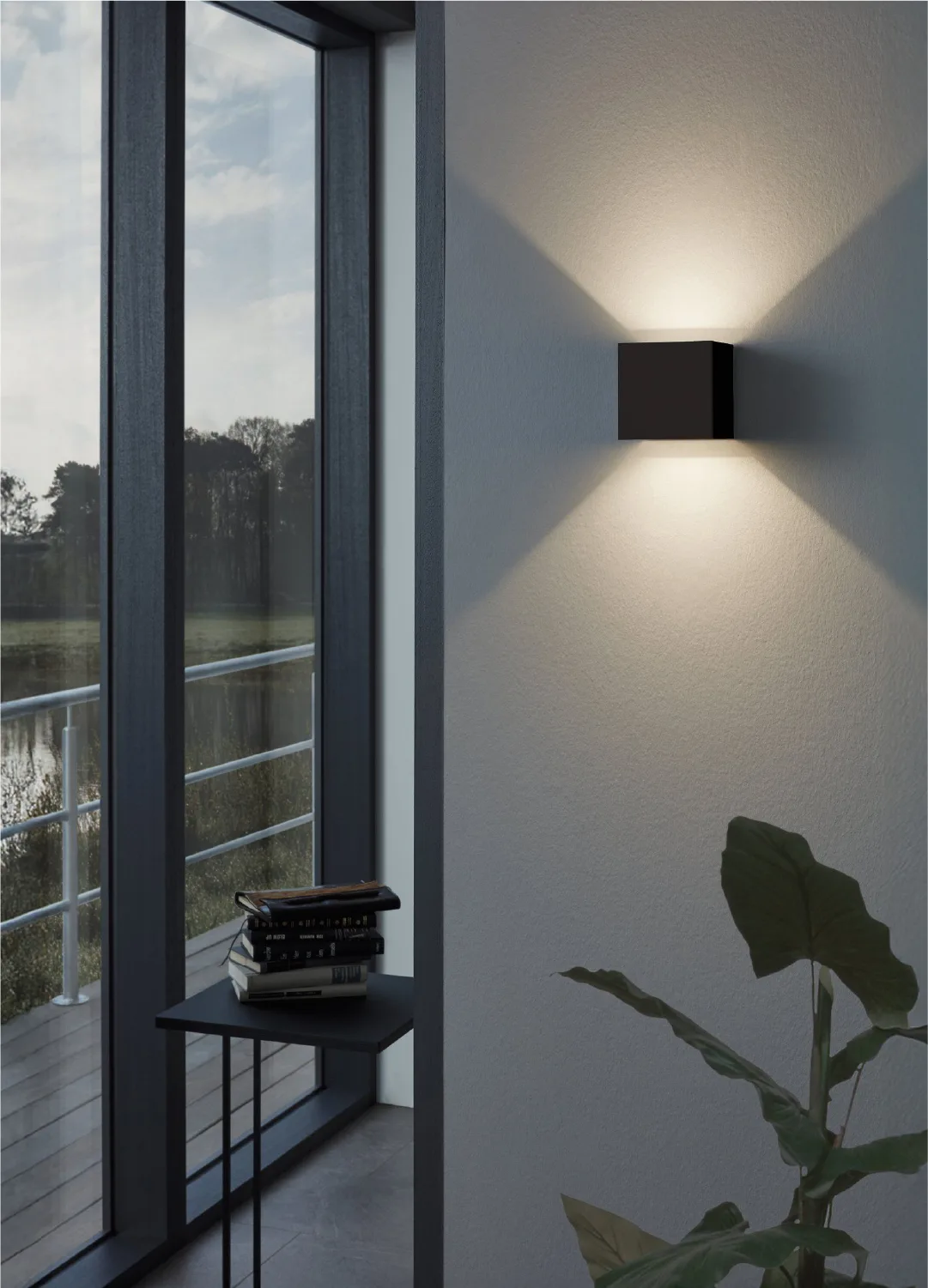
Choosing a one-stop shop for sanitary ware, tapware, vanities, tiles, fans, lights, and doors can significantly enhance the efficiency and quality of your project. By consolidating procurement with a reliable supplier, you save time, reduce costs, and ensure design consistency across every element. When selecting your supplier, focus on their product range, quality, and customer support. A trusted one-stop shop becomes more than just a vendor—it becomes a partner in bringing your vision to life. In Mauritius, Maurema Home—based at PinPoint Business Park—offers a curated selection of premium brands and expert advice to support both residential and commercial projects. By investing in the right supplier, you can ensure your project is completed on time, within budget, and to the highest standards.

